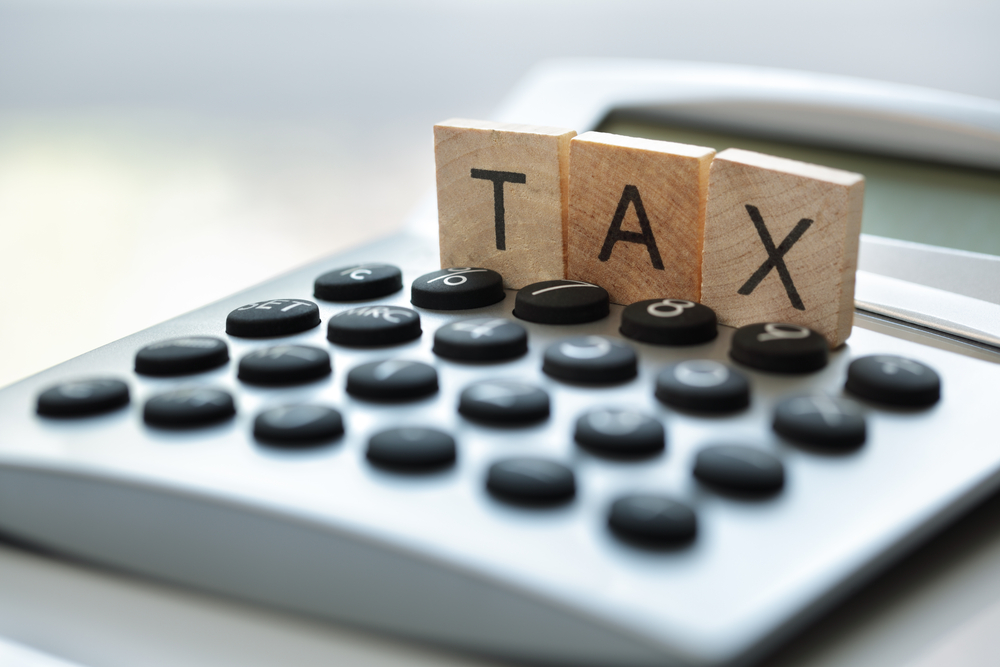
In total £4.6bn was paid through inheritance tax (IHT) and 2023 is expected to be another record year for the much-discussed tax.
The total amount HM Revenue and Customs (HMRC) collected in all taxes was £457.3bn. This is a rise of £23.9bn when compared to the same period in 2022, according to the latest official figures.
It comes the day before the Chancellor Jeremy Hunt’s Autumn Statement, where tax changes are expected to be announced.
Hunt has suggested that tax changes are on their way, and this could be a change to IHT levels, or to income tax and National Insurance.
The data from the latest HMRC figures shows significant growth in taxes in the last year, and this could be used as a justification for tax cuts in his speech tomorrow.
One of the main reasons for the rise in IHT bills was the announcement, in last year’s Autumn Statement, to extend the IHT thresholds until 2028.
These thresholds, which see a 40 per cent tax levied on estates worth more than £325,000 but also allow homeowners to pass on properties worth up to £500,000 without paying IHT, were initially set to be frozen until 2026, but this was extended to 2028.
It means more people are now paying IHT, especially with property price rises, however the overall numbers who pay this tax are still small and there are ways to minimise the amount paid.
‘A conundrum for the government’
Rosie Hooper, chartered financial planner at Quilter, said: “The increasing revenue from inheritance tax has caused a conundrum for the government given how emotive the tax can be and its power to split voters.
“Though a steadily increasing number of families are paying inheritance tax since the Chancellor extended the IHT threshold freeze until April 2028, it still impacts relatively few people and reports that he was considering a cut to the headline rate came under heavy fire as a result. Some even call inheritance tax a voluntary tax due to the number of exemptions available.”
‘On course to hit a record annual total’
Stephen Lowe, group communications director at retirement specialist Just Group, said: “As figures start to become available for the second half of the financial year, it is becoming increasingly clear that IHT is on course to hit a record annual total for the third year in a row.
“At the current rate of tax collection, IHT will raise over £7.8bn for the Treasury, far surpassing the OBR’s estimate for this year of £7.2bn as well as last year’s all-time high of £7.1bn. It’s a useful source of revenue for the government, and if rumours are to be believed, tomorrow’s Autumn Statement will see any potential cut to IHT delayed until the spring.
“Only a very small proportion of households are impacted by IHT, but the tax continues to raise more revenue for the Government, so it bites deep on those estates affected.”
Income tax and National Insurance receipts
The bill for income tax, capital gains tax and National Insurance (NI) hit £247.6bn between April and October this year, a rise of £11.2bn on 2022.
Pay As You Earn (PAYE) income tax and national insurance came to £232.5bn, a rise of £11.8bn when compared to the same period in 2022.
Tax received through self assessment was £14.2bn, a rise of £0.2bn from the same period in 2022.
Hooper added: “This huge growth illustrates why the Chancellor is weighing up tax cuts for tomorrow’s Autumn Statement to boost popularity with the electorate ahead of an election year.
“Though a cut to the headline rate of inheritance tax has been widely rumoured, it seems more likely now that this plan will be shelved in favour of a cut to income tax or NI – a change that would be more welcome given it could make a difference to lower income families, even if only marginal.
“A 1p cut to income tax or national insurance could allow basic rate taxpayers to save a maximum of £377 annually, increasing the disposable income of those households who need it most.”















